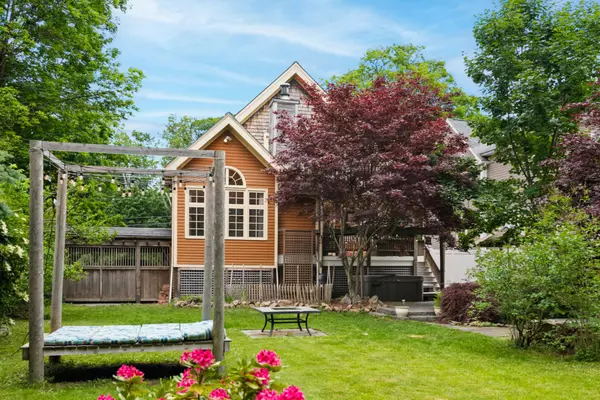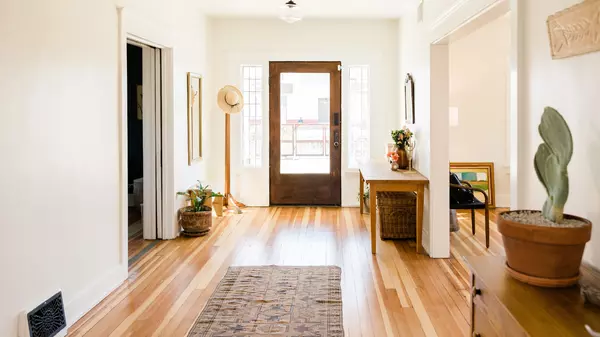
Insights from the "Experts" on the Housing Market Outlook for 2024
If you’re thinking about buying or selling a home soon, you probably want to know what you can expect from the housing market in 2024. In 2023, higher mortgage rates, confusion over home price headlines, and a lack of homes for sale created some challenges for buyers and sellers looking to move. Bu

The Perfect Home Could Be the One You Perfect After Buying
There's no denying mortgage rates and home prices are higher now than last year, impacting what you can afford. At the same time, fewer homes are still available for sale than the norm. These are two of the biggest hurdles buyers are facing today. But there are ways to overcome these things and stil

Why the Economy Won’t Tank the Housing Market
If you're worried about a coming recession, you're not alone. Over the past couple of years, there's been a lot of recession talk. And many people worry if we do have one, it would cause the unemployment rate to skyrocket. Some even fear that a spike in unemployment would lead to a rash of foreclosu

Invest in Yourself by Owning a Home
Are you wondering if it makes sense to buy a home right now? While today’s mortgage rates might seem intimidating, here are two compelling reasons why it may still be an excellent time to become a homeowner. Home Values Appreciate Over Time There’s been a lot of confusion around what’s happened with

People Are Still Moving, Even with Today’s Affordability Challenges
If you're thinking about buying or selling a home, you might have heard that it's tough right now because mortgage rates are higher than they've been over the past few years, and home prices are rising. That much is true. Take a look at the graph below. It breaks down how the current affordability s

10 Reasons Why Buying Beats Renting Even with Soaring Interest Rates!
Welcome to the world of savvy homebuying! In an era where interest rates are doing the tango with our bank accounts, making the leap from renting to owning a home can seem like a giant puzzle. But fear not, intrepid home seekers! Today, I'm diving into the top 10 reasons why buying a home, even w

Buying And Selling Your Home At The Same Time?
Buying and selling a home simultaneously in a market with low inventory can be more challenging, as it often creates a highly competitive environment for buyers and sellers. However, with careful planning and the right approach, it is still possible to navigate the process successfully. Here are so
Categories
Recent Posts










